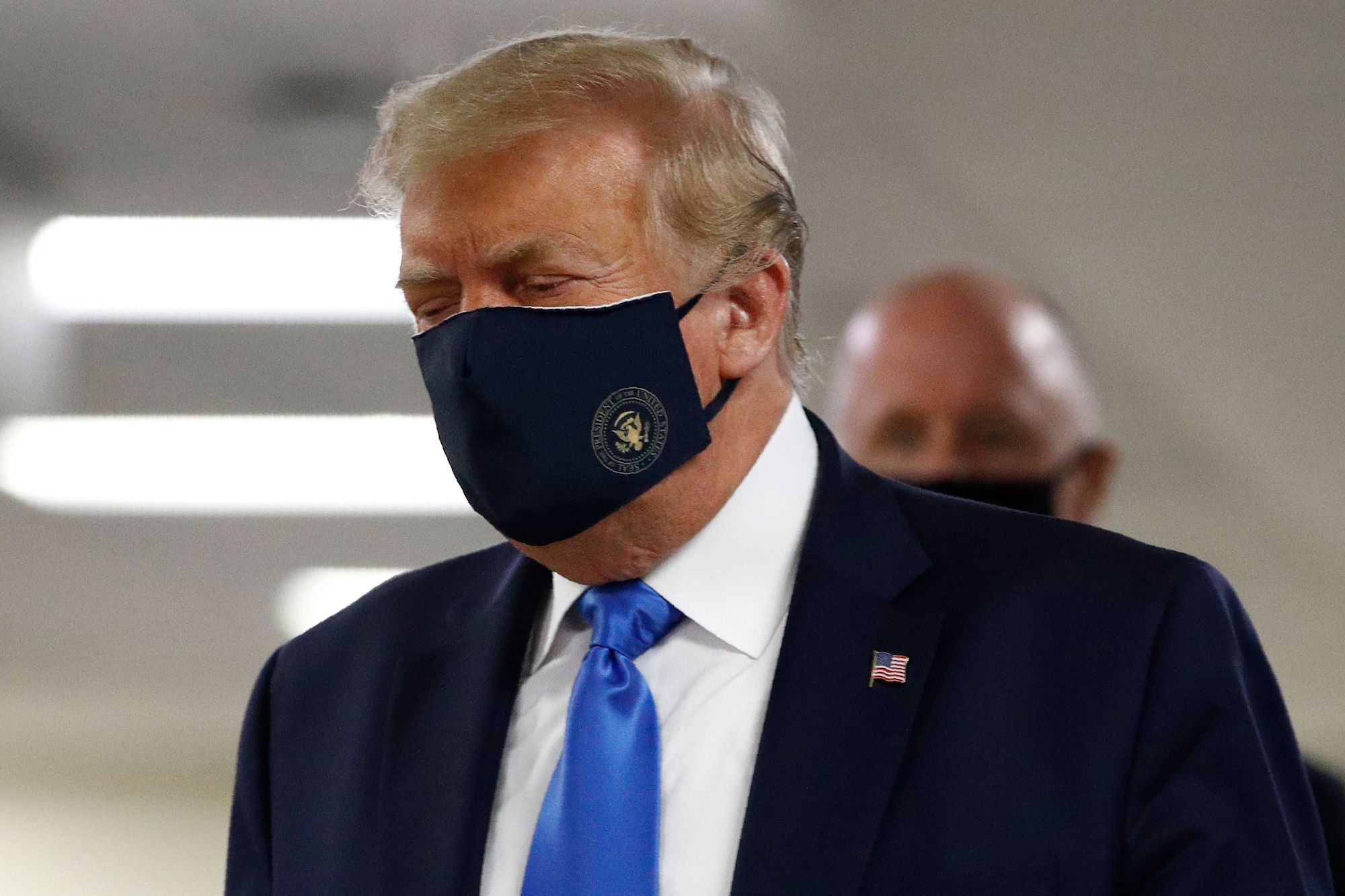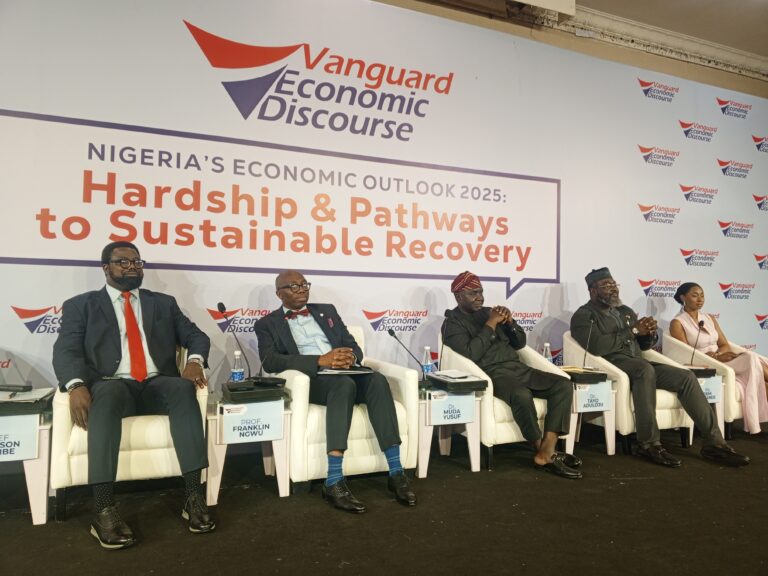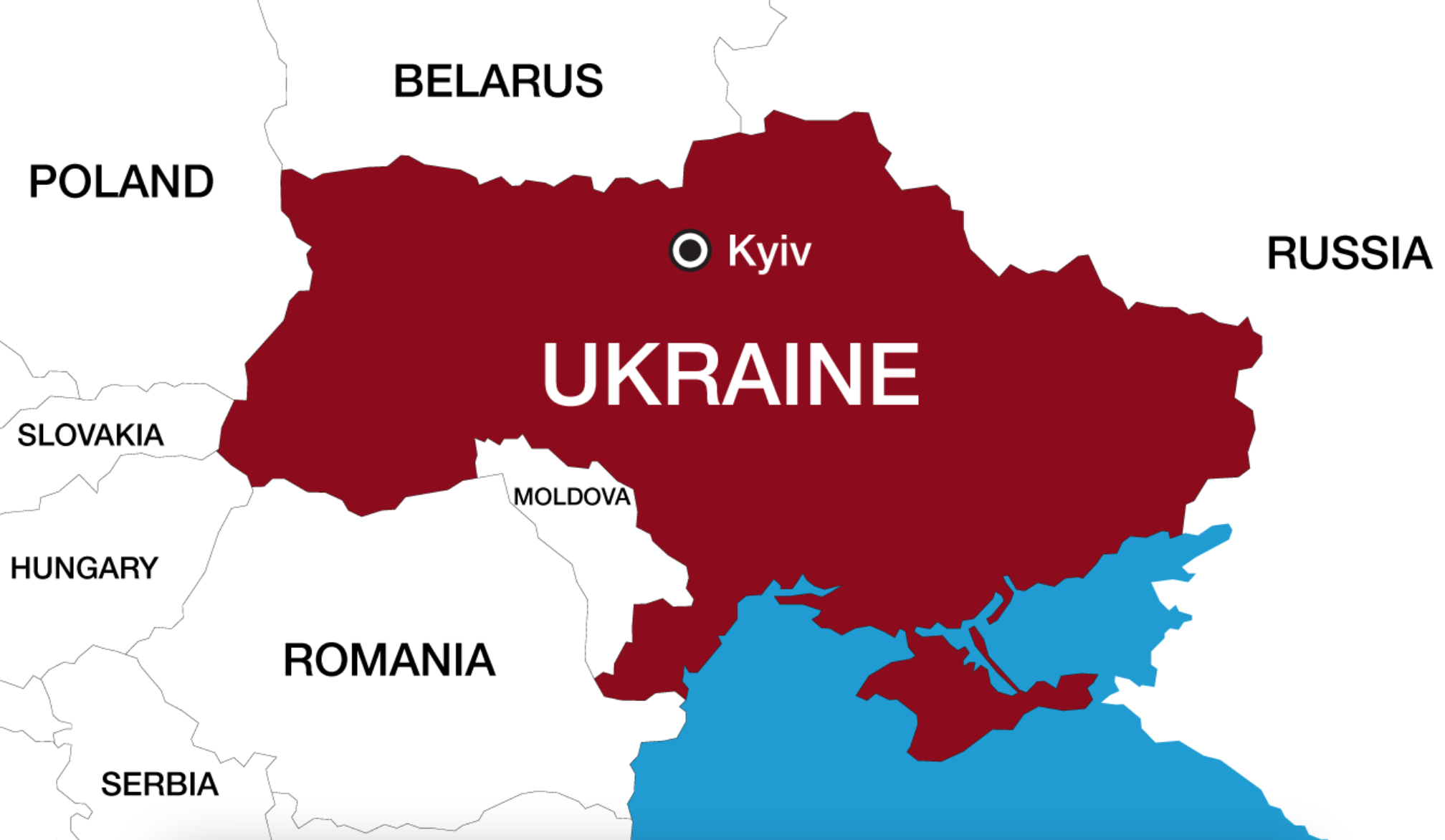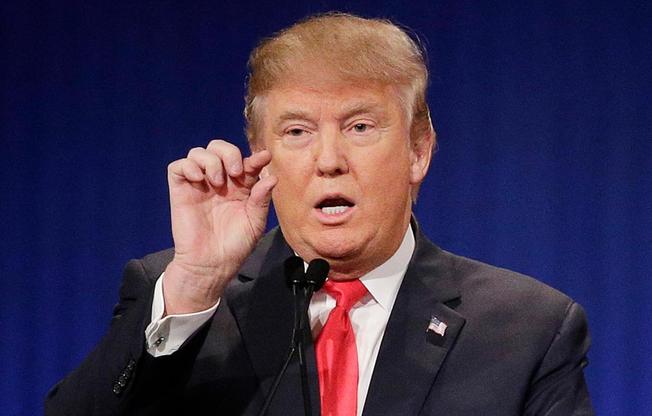Dr Olufunso Ojo, a US based Nigerian Medical Doctor, has been conferred with the honour of Outstanding Georgia Citizen for his exceptional contributions to Medicine.
In a Certificate of Award signed by Brad Raffensperger, the Secretary of State of the State of Georgia, US, Ojo was honoured for his compassionate patient care and philanthropic leadership.
A copy of the certificate and a Proclamation by the Georgia State Senate was made available to newsmen on Thursday in Abuja.
In the Proclamation, the awardee was recognised as “a distinguished physician specialising in internal medicine, whose dedication to the health and well-being of his patients has earned him widespread recognition”.
He was also honoured with a 4.5-star rating for his compassionate care and exceptional contribution to medical profession.
As contained in the Proclamation, the physician is said to have demonstrated an unwavering commitment to excellence in the field of medicine.
He was honoured for providing exceptional medical care to countless individuals in the State of Georgia and beyond, and serving as a beacon of hope and healing for his patients.
“Dr OJo’s expertise in internal medicine, coupled with his empathetic approach to patient care, has set a standard of excellence in the medical community, inspiring both his colleagues and future generations of healthcare professionals.
“His contributions extend beyond the walls of his practice, as he actively engages in community outreach and health education, striving to improve the overall health and quality of life for all Georgians.
“He is not only a renowned physician but also a philanthropist of international repute, whose generous contributions and humanitarian efforts have uplifted communities locally, nationally, and globally, addressing critical needs in healthcare, education, and social development.
“Dr. Ojo’s outstanding achievements and dedication to his profession and philanthropic endeavors have brought great pride to the State of Georgia, and his work serves as a testament to the power of compassion, skill, and perseverance in the field of medicine and beyond,” the Proclamation read.
Ojo, a 1995 graduate of the Obafemi Awolowo University, Ile-Ife did his house manship at the General Hospital, Akure and his National Youth Service in 1997.
He proceeded to the US, where he did his Clinical Research Assistant at Columbia University, New York in 1999.
He was accepted into Internal Medicine Residency Training at More House School of Medicine in Atlanta between 2000 to 2003.
The awardee further sub-specialised in Geriatric Medicine at Emory University School of Medicine in Atlanta Georgia and later worked with various hospital systems in Georgia .
He is a Member of American College of Physicians , American Medical Association and Diplomate of the American Board of Internal Medicine.
Ojo also held various positions, including, Chairman, Medical Evaluation Committee that oversees peer review of other Physicians and currently the Chief Executive Officer of Mercy Internal Medicine Associates PC.








